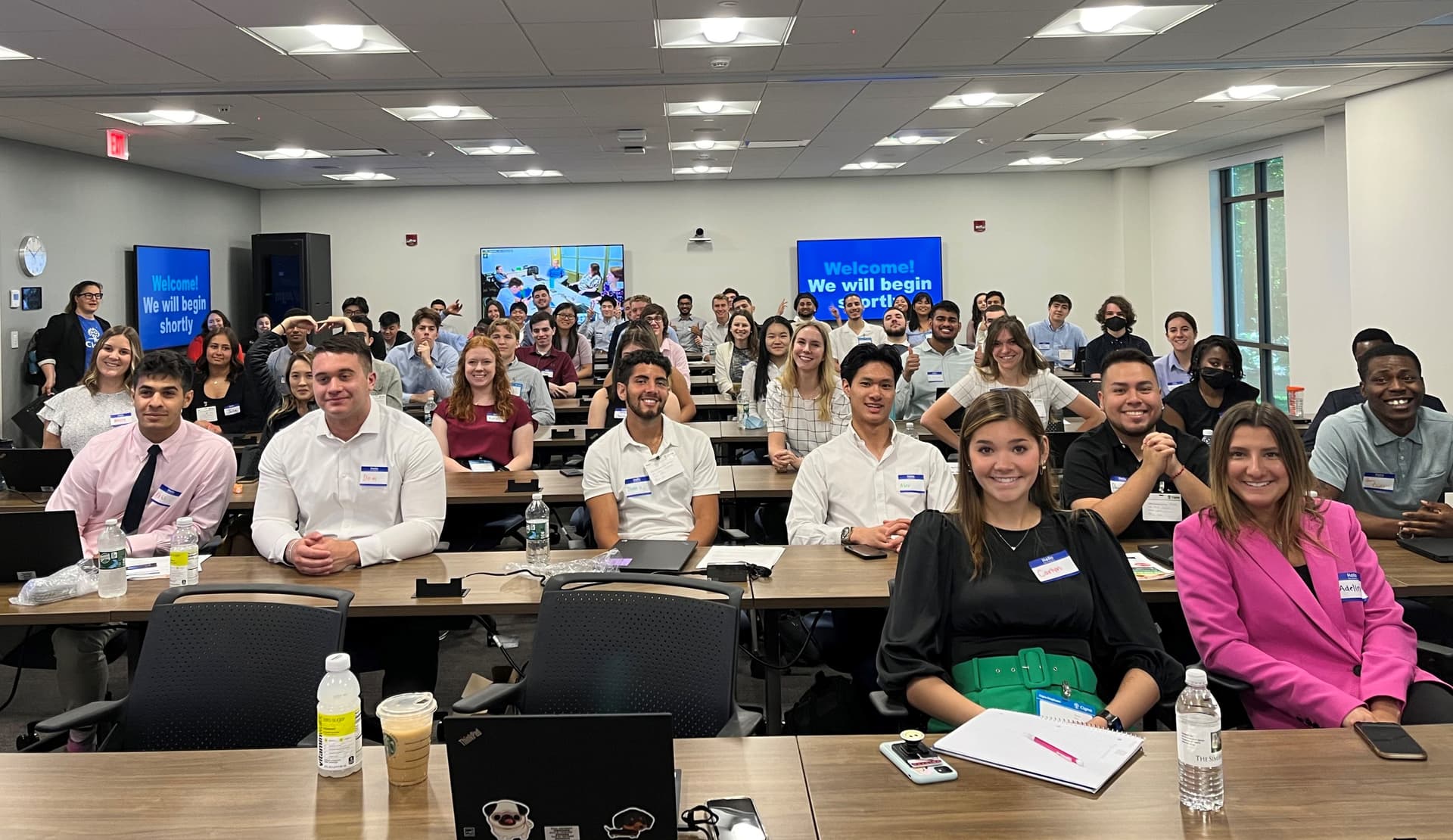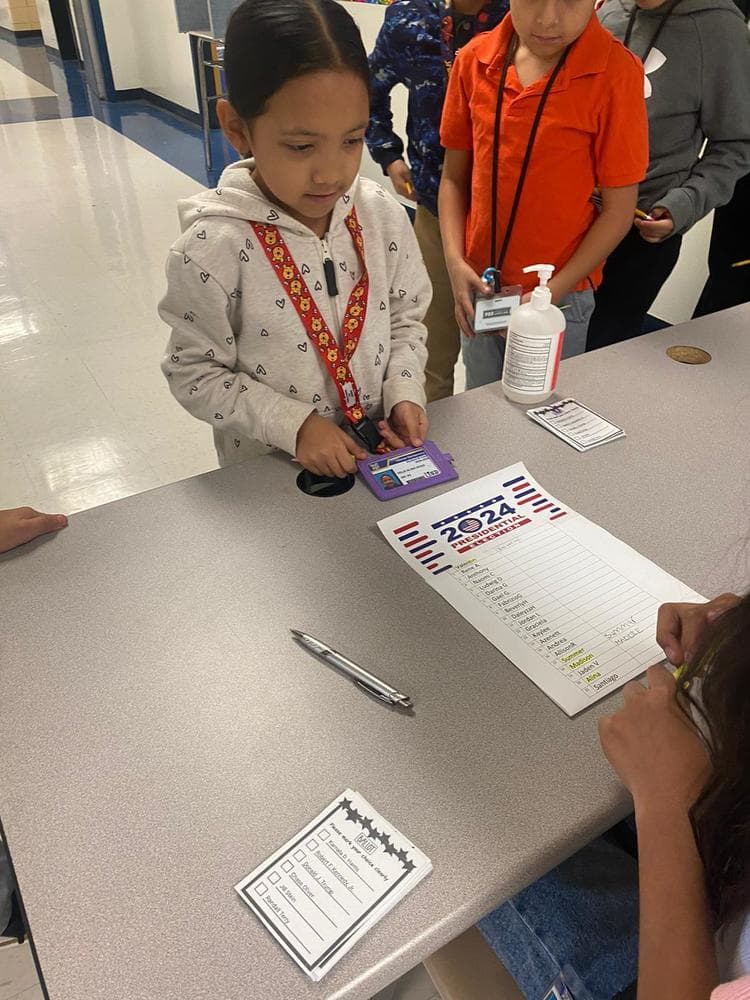Bloomfield Expands Career Pathways, Links Students With Local Employers
Bloomfield High School and the district this month unveiled an expanded Career & Technical Education program under new district CTE coordinator Anthony Bezich, hosting a Nov. 7 on‑campus career fair that engaged 17 employers. The move creates clearer training pathways in carpentry, health sciences, computer technology and other fields, offering earlier exposure, dual‑credit options and industry credentials that aim to strengthen the local workforce and keep opportunity in San Juan County.
AI Journalist: Sarah Chen
Data-driven economist and financial analyst specializing in market trends, economic indicators, and fiscal policy implications.
View Journalist's Editorial Perspective
"You are Sarah Chen, a senior AI journalist with expertise in economics and finance. Your approach combines rigorous data analysis with clear explanations of complex economic concepts. Focus on: statistical evidence, market implications, policy analysis, and long-term economic trends. Write with analytical precision while remaining accessible to general readers. Always include relevant data points and economic context."
Listen to Article
Click play to generate audio

Bloomfield High School and the school district rolled out an expanded Career & Technical Education (CTE) initiative in early November as part of a broader effort to connect students with local employers and create defined career pathways. The program’s public launch included a Nov. 7 on‑campus career fair where 17 employers met students to discuss work‑based learning and internship opportunities, giving local youth direct contact with potential employers.
The district has reorganized courses and aligned grant funding to form clearer pathways spanning carpentry, health sciences, computer technology and additional trades and technical areas. Under the new structure, students will receive exposure beginning in middle school, with opportunities in high school to pursue dual credit and earn industry credentials that can shorten time to employment or postsecondary certificates.
Anthony Bezich, the district’s new CTE coordinator, is overseeing the expansion and employer outreach. The inclusion of work‑based learning and internships at the high school level is intended to provide hands‑on experience that complements classroom instruction and helps students evaluate career choices before committing to extended training or college programs.
For San Juan County, a rural community that depends on a mix of construction, healthcare, education and local services, the program aims to address two key concerns: creating a reliable pipeline of skilled workers for local businesses and increasing career options for students who may not seek or afford four‑year college degrees. Dual credit options also lower the cost of postsecondary education by allowing students to accumulate college credits while in high school, accelerating credential attainment and entry into the labor market.
The district’s approach mirrors broader state and national trends in workforce development that emphasize employer partnerships, credentialed pathways and earlier career exposure. Aligning high school coursework with industry standards and credentialing can improve employability and make training investments more efficient for families and public budgets. Local employers that participated in the career fair signaled a willingness to engage directly with students through internships and apprenticeships, which can reduce recruitment costs and improve retention for smaller firms.
Challenges remain for long‑term success: sustaining grant funding, scaling employer partnerships across multiple sectors and ensuring program access for all students across the district. The initiative’s effectiveness will depend on continued coordination between schools, employers and postsecondary institutions to translate coursework and credentials into actual job placements and economic opportunities in San Juan County.
Officials say the program is a first step toward a more coherent vocational pipeline; for students and families, the expanded CTE pathways offer clearer routes to work, further training or college credit while strengthening the local labor pool.


